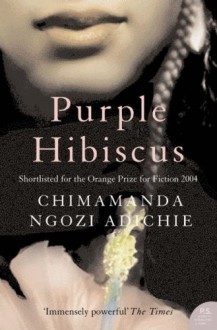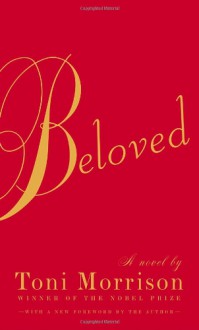
Do I dare call this full of symbolism, and therefore feel the need to scratch under the surface of these tales? Then again, is there any fairy tale worth it's salt that is not so.
Lets start saying that the way this is written is incredibly sensual. I was surprised because I was sure the first tale (The Bloddy Chamber), would turn up into a hardcore purple prose BDSM. It does not become explicit, but the erotic charge and the tug of war between desire for freedom and sexual or base hungers, innocence and a curiousity for corruption, is heavy and all encompassing on that one and several others in this collection (The Tiger's Bride, The Erl-king).
Puss in Boots was hilarious in all it's terribleness. Not one character in it can be called good, our narrator least of all, and yet. Lots of laughing OMG, no!
The Snow Child was... How do you pack it that fast? It takes infinitely more to unpack.
All of them are incredibly evocative. Also disturbing. Oh, and they screw with your mind with the POVs and tenses too.
I'm a still quite discombobulated by much of this, and I'm pretty certain I don't get even most of what this is conveying, but frankly, at some point I started researching some fairy-tale stuff for background, and found out there are whole freaking books essaying on the meanings of this collection, so I reckon I'm good enough just keeping it floating on the back-burners of my mind.

 Log in with Facebook
Log in with Facebook 










